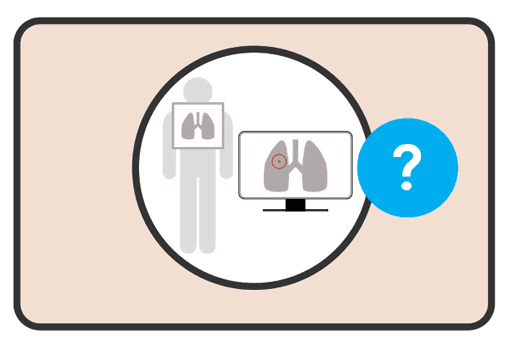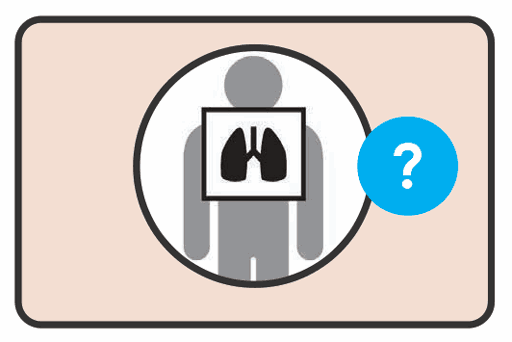Operational Handbooks
3.1.1 Symptom screening
Symptom screening is feasible, easy to implement and low-cost. It is also highly acceptable, because it is non-invasive and is a usual part of the clinical assessment of people under care. Symptom screening, particularly for cough, has the added advantage that it usually detects people with TB who are most likely to transmit the disease. Symptom screening has, however, low and variable sensitivity especially for detecting TB early.
2.7.5 Monitoring time trends for re-screening and re-prioritization
A successful screening programme may lead to a diminishing yield over time, at least if the risk group is a fixed population. Over time, changes in the background burden of TB and changes in the profile of TB patients in the community (for example, a trend towards fewer patients with symptomatic TB, fewer cases of sputum smear-positive TB and decreasing TB mortality) can lead to a reduction in the yield from screening, an increase in the NNS, a reduction in cost–effectiveness and a change in the ratio of benefits to harm.
2.7.4 Programmatic evaluations
Depending on the objectives of the screening programme and the results of monitoring the indicators discussed above, a special assessment may be necessary to determine, for example, the reasons for low uptake of screening, an unexpectedly low proportion of people presumed to have TB identified by screening, a low proportion of those presumed to have TB who were further evaluated for TB, a higher-than-expected NNS or a high proportion of cases that are not bacteriologically confirmed.
2.7.1 Developing a plan for monitoring and evaluation
Monitoring and evaluating systematic screening should be incorporated into the monitoring and evaluation programmes used in the national TB programme. The programme will determine the roles of the people involved in monitoring and its characteristics (e.g. frequency of monitoring, methods used, how the information collected will be fed back to adjust screening). Targets should be set for the expected caseload and yield, the NNS and costs in relation to benefits. Targets should be based on the estimated under-detection in different settings but should also account for programme realities.
2.7 Monitoring, evaluating and modifying the programme
A monitoring and evaluation plan should be part of any screening programme. General conditions and risk group-specific conditions for discontinuing screening should be established from the outset – for example, in relation to yield, contribution to overall case detection and improvement in treatment enrolment and outcomes, cost per case detected or some combination of these. Indicators should be chosen, and digital forms created for collecting data or adapted to the specific objectives and local conditions.
2.6.6 Pilot-testing
It is critical to pilot-test a newly designed screening programme to ensure that it is operational. Pilottesting is a valuable opportunity to refine new instruments (e.g. digital radiography, CAD and CRP), protocols, data systems and management structures. It also allows initial evaluation of the performance of the screening programme in terms of yield and costs to ensure that it has the intended effects on case detection, so that the design or the protocol can be modified if necessary.
2.6.5 Mobilizing resources
The goal of resource mobilization is to support the start-up, pilot-testing and maintenance of TB screening. In the initial phases, national TB programmes may not have allocated funding for new screening activities, and funds might have to be sought from alternative domestic and external sources (14). Usually, once screening activities become routine and are shown to be effective, funding becomes available from mainstream domestic and external TB programme budgets.
2.6.4 Involving stakeholders and partner organizations and establishing roles
Many different stakeholders and partners may be involved in screening for TB. It is important to involve communities and the target population when planning activities to ensure that the screening activities are feasible and acceptable. These stakeholders may also be able to plan mobilization and sensitization to inform the target population and motivate them to be screened. The programmes, services and stakeholders identified for collaboration in screening (see 2.2.1) should collaborate in the planning of screening.
Pagination
- Previous page
- Page 23
- Next page

 Feedback
Feedback
